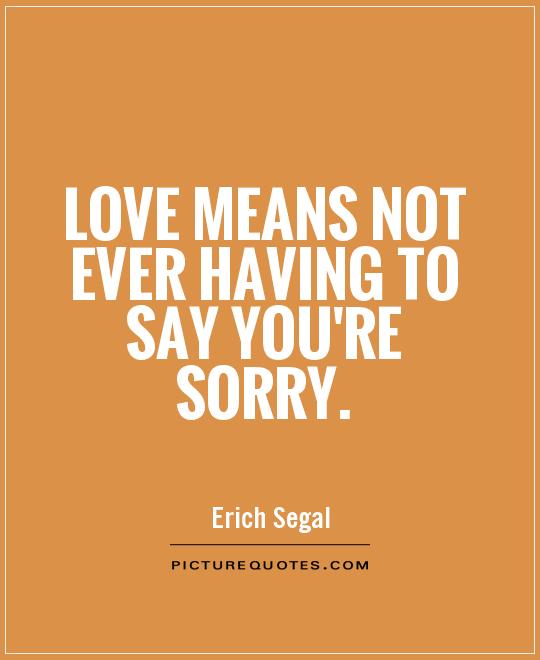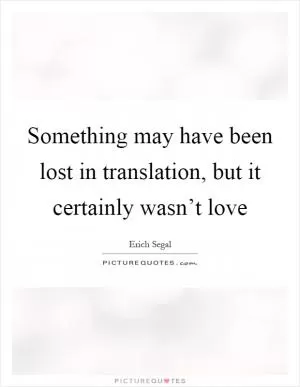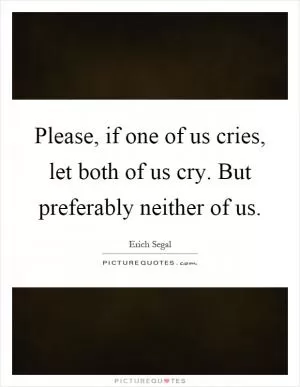Love means not ever having to say you're sorry

Love means not ever having to say you're sorry
Erich Segal's famous line, "Love means not ever having to say you're sorry," from his novel "Love Story," has become one of the most iconic quotes about love in literature. The sentiment behind these words has sparked countless debates and interpretations over the years, with some praising its romantic idealism and others questioning its practicality.At first glance, the idea that love should exempt one from apologizing may seem like a beautiful notion. It suggests a deep level of understanding and acceptance between two people, where forgiveness is automatic and unconditional. In this context, love is seen as a force that transcends petty grievances and misunderstandings, allowing for a harmonious and peaceful relationship.
However, upon closer examination, the notion that love means never having to say you're sorry can also be seen as problematic. Apologizing is a crucial aspect of healthy relationships, as it demonstrates humility, empathy, and a willingness to take responsibility for one's actions. By refusing to apologize, one may be denying the other person's feelings and dismissing the impact of their words or actions.
Furthermore, the idea that love should exempt one from apologizing can also perpetuate a harmful power dynamic in a relationship. It suggests that one person's feelings and needs are more important than the other's, leading to a lack of communication and emotional intimacy. In reality, a strong and lasting relationship requires open and honest communication, including the ability to apologize when necessary.












 Friendship Quotes
Friendship Quotes Love Quotes
Love Quotes Life Quotes
Life Quotes Funny Quotes
Funny Quotes Motivational Quotes
Motivational Quotes Inspirational Quotes
Inspirational Quotes